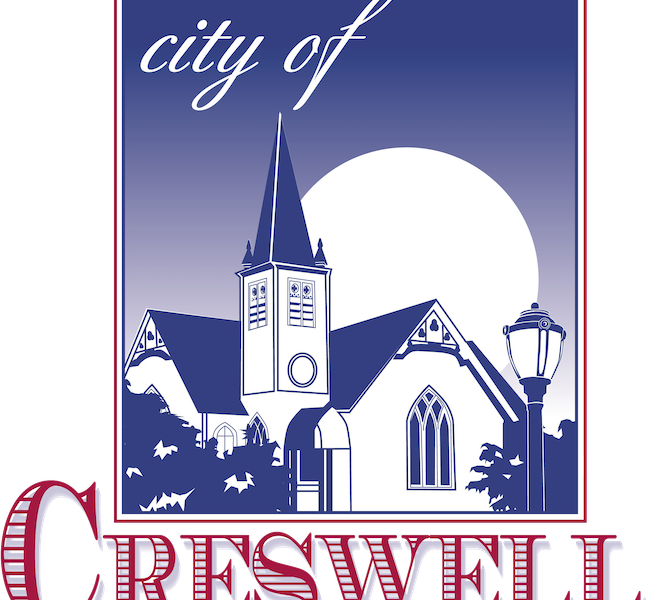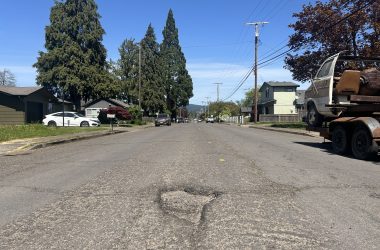
CRESWELL — Money has freed up for small businesses affected by COVID-19 in city limits, thanks to an unfilled position in the City’s planning department.
Creswell City Council on Monday authorized $30,000 from the Planning & Economic Development budget to be used for small business microloans through Community Lending Works. That amount can be increased to $50,000 if the city can leverage state funding through Business Oregon and secure a matching grant.
City Manager Michelle Amberg said the push to create this program comes after several business owners expressed financial distress from the impacts of the pandemic. A potential loan like this could determine whether some Creswell business owners sink or swim.
“Many small shops run by owner-operators have not been eligible for unemployment until very recently,” Amberg said. “Additionally, the Paycheck Protection Program and CARES Act grants have been slow in coming, or extremely difficult for very small businesses to access.”
This crisis has been devastating for business owners, Creswell Mayor Richard Zettervall said, and “this microloan program could be the difference in reopening or not and for their survival. I do not want to see any of our small businesses fail.”
RAIN Oregon is acting as advisor for developing the program, and Community Lending Works will manage the program.
“These loans could be used by our salons to create plexiglass barriers/shields which would create temporary cubicles that would meet the physical separation requirements so that they could open,” Amberg said. “It could be used to purchase disposable masks, large volumes of hand sanitizer and other supplies so that businesses with waiting areas, or that offer personal services could open. I would imagine that funds could be used to offset any programs or activities … such as developing an online presence and online product ordering systems to reduce physical contact.”
There are some conditions on how the match money from the state is spent, however. The money from the state must go to underrepresented communities, cannot go to a business with more than 25 employees, and cannot go to a business that already secured PPP or other federal emergency assistance, Amberg said.
If businesses were to qualify for money, owners could choose whether to go through the grant or the loan process for their business. The city is proposing a combined program that would include both loans and grants, in which business owners could choose which one to pursue, Amberg said, though all grants have to be expended by June 30.
The city manager said they have $30,000 in the budget available because a planning specialist was never hired for the City. “We are fortunate we didn’t fill that position,” Amberg said. “That is the only reason we can put this money into the program, or I wouldn’t even be here talking to you about this.” She said that the pandemic comes late in the budget season, and for other small cities freeing up money in the budget like this is not even an option.
In earlier attempts to secure a manager for the loans, Amberg “received some very sage advice … It is far more prudent for the city to partner with another agency who would run the program with funds provided by the city.”
RAIN Oregon suggested a regional approach to the microloan that could be managed by Community Lending Works, but even with several small cities like Oakridge, Lowell, Veneta and Florence participating, they could not collectively scrape together $100,000, Amberg said, and Community Lending Works will only manage an account of $100,000 or more.
“What we are hoping is that there will be a consortium approach, and that the account would be managed by Community Lending Works,” Amberg said.
“This is by far the best way to go,” Zettervall said. “I wasn’t sure the city was going to have the opportunity to do this, so this is great.”
Amberg said the program will be reviewed on Friday, and will be submitted to the state on Monday and was promised a quick response from the state.
“I like the idea of a revolving microloan, an incentive to bring more business to town,” Amberg said. “I don’t see this loan going away. I want to see this continue on after COVID-19.”








